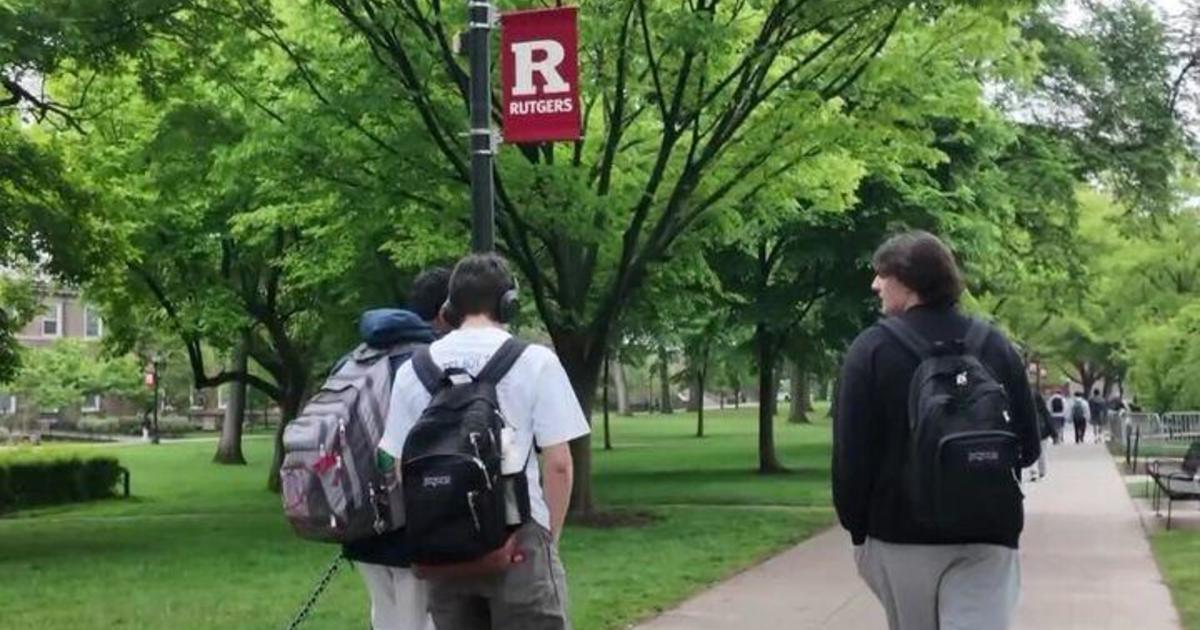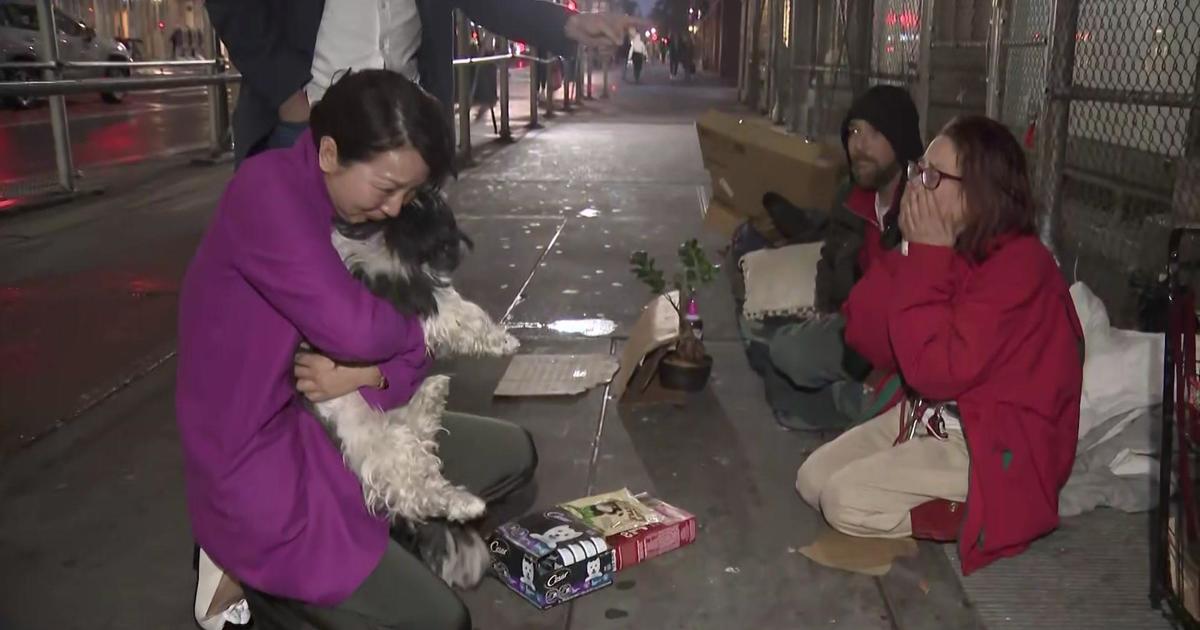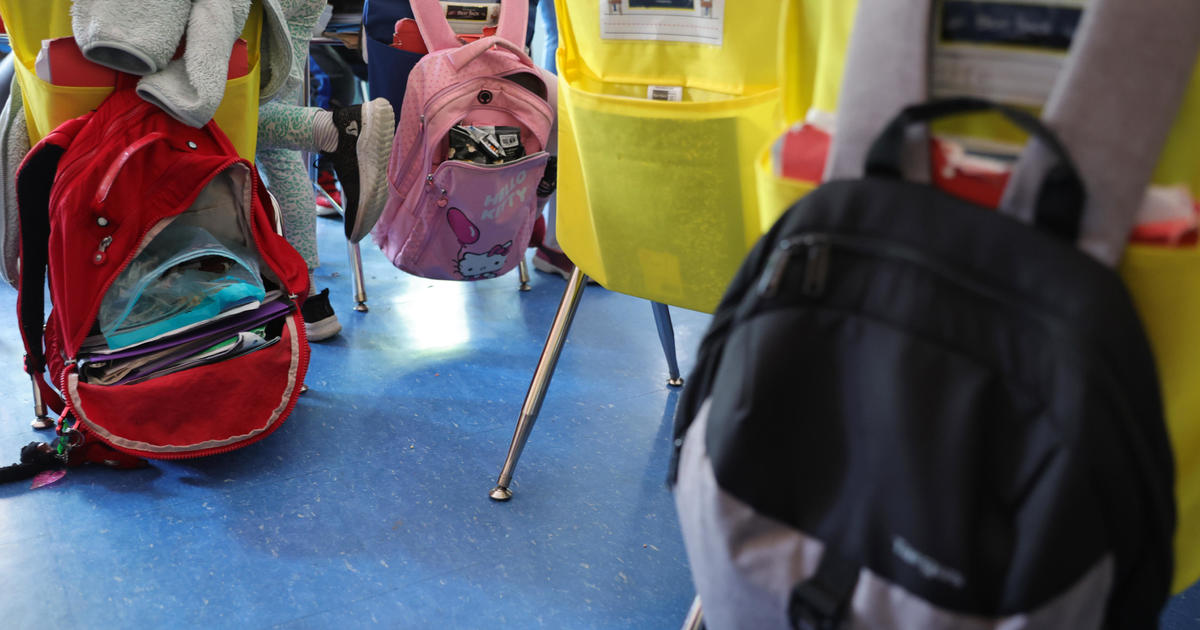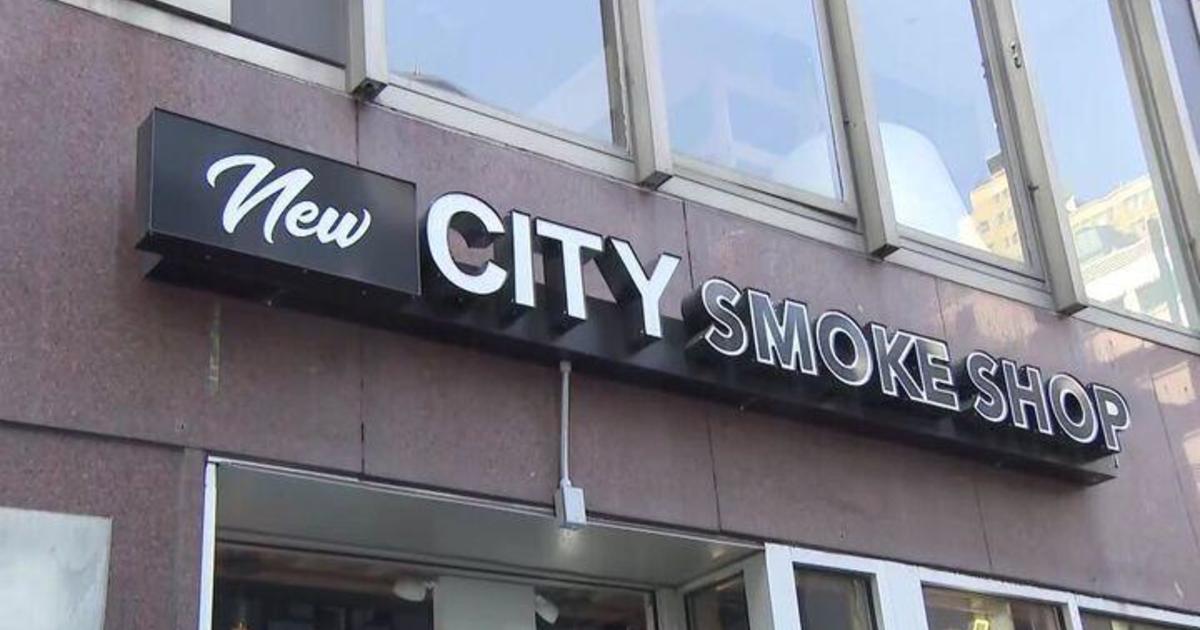Komen Connections: How Patient Navigators Help In Dealing With Cancer Decisions
NEW YORK (CBSNewYork) – Patient navigators don't prescribe medicine or do surgery, but by helping with all the daunting financial, family and medical decision in a cancer diagnosis, they can make a huge different for women facing the illness.
At 33-year-old and no family history of breast cancer, Lauryl Trenholme-Pihl discovered a lump during a breast self-exam. From there her diagnosis was swift and overwhelming, reports CBS2's Dr. Max Gomez.
"I heard nothing," she said. "I think I heard death sentence."
Doctors quickly began Lauryl's treatment.
"I think I went actually from an ultrasound and then to a mammogram and then to a biopsy all in that same day," she said.
Then things got really complicated. Surgery: What kind? Chemotherapy: Before, or after, or both? Radiation? Genetic testing?
All require many appointments while dealing with the psychological roller coaster of a cancer diagnosis.
That's where Eileen Fuentes of New York Presbyterian-Columbia can be a life saver. She's a patient navigator and a 10-year breast cancer survivor herself.
Her job is to translate "doctor talk" into plain English - or Spanish - for patients. and then handle the huge amount of logistics involved.
"I sit in on the first consultation generally so that I can hear what the next steps are," said Fuentes. "I'm one step ahead. I'm getting phone numbers for people that either the patient or their caregiver, and I'm pretty much mapping out their entire treatment plan and keeping it on my calendar so I can call them."
Lauryn's doctor, Kevin Kalinsky, explained that she has a genetic mutation that put her at risk for early breast cancer.
The good news is that she had triple positive cancer which meant that there were multiple targeted drugs that would attack her cancer. Dr Kalinsky says that's an example of the progress that's being made against breast cancer.
"Where we really only had chemotherapy, there are a bunch of new drugs that are really coming down the pike," he said. "For instance, smart drugs like antibody drug conjugates which directly deliver treatments to the cancer, as well as immunotherapy."
Lauryl had pre-op chemo, a double mastectomy and reconstruction. She credits her navigator with making it all manageable.
"It's important to have someone like that in your corner, in the midst of all the medical information that you're receiving," she said. "Someone that can help you break it down and-and truly understand it all on a personal level."



